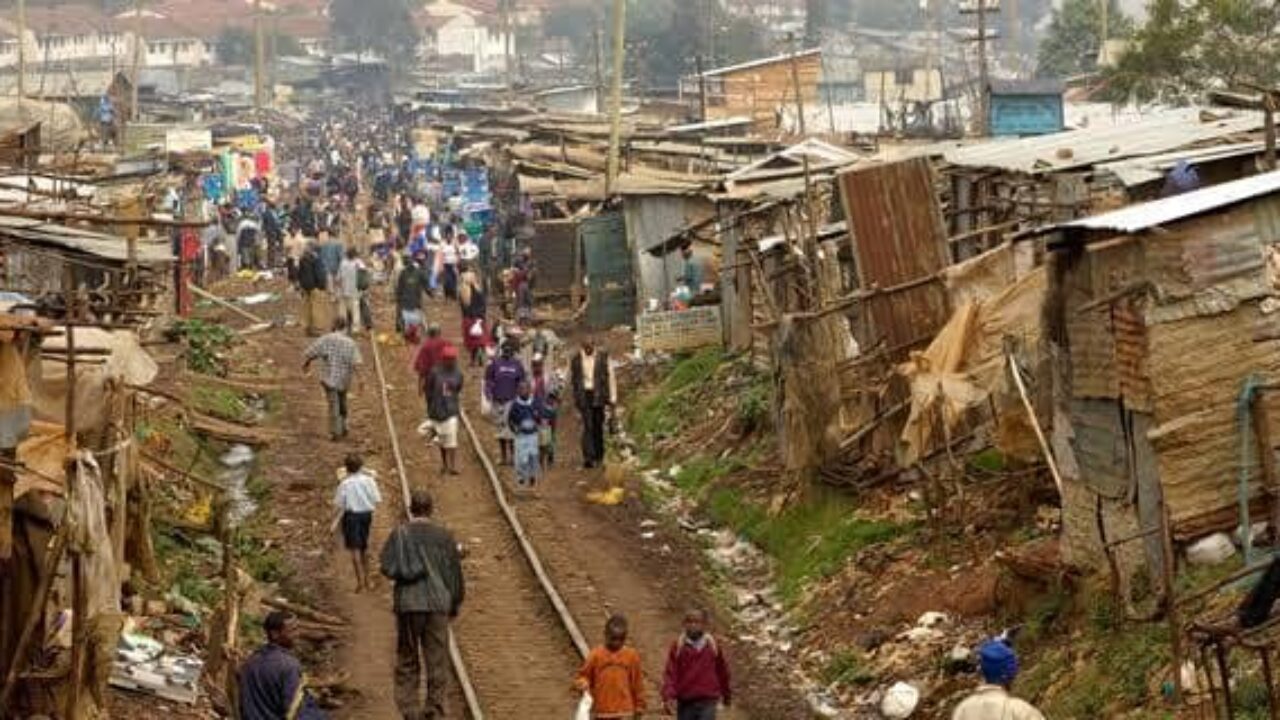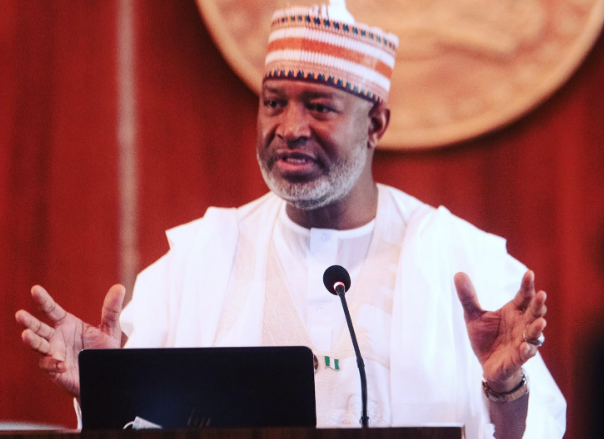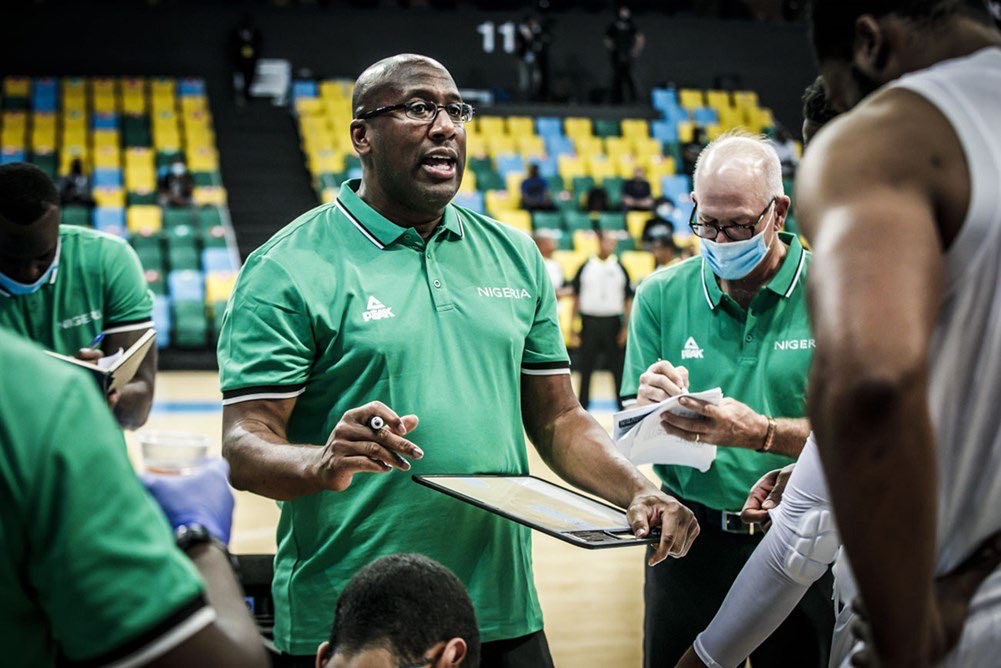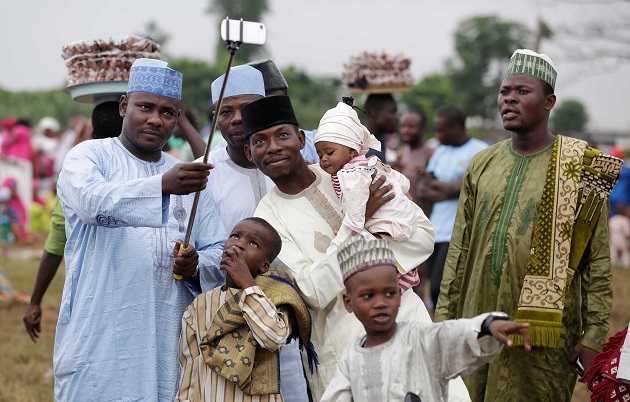The National Social Safety Nets Coordinating Office (NASSCO) says the $800 million facility, secured by the federal government from the World Bank, will help cushion the effects of existing social and economic shocks on the most vulnerable Nigerians.
Earlier in the month, Ahmed had said the $800 million received from the bank would be disbursed to the 10 million households considered to be most vulnerable, to cushion the effect of the planned subsidy removal in June.
In a statement on Wednesday, Joe Abuku, head of communications at NASSCO, clarified that the facility would mitigate the impact of economic shocks including COVID-19, inflation, naira redesign cash crunch, flood losses, and petrol subsidy removal.
He said the facility was obtained as part of the national social safety nets programme (NASSP), which aims to increase the government’s response to poor and vulnerable Nigerians facing various types of economic shocks beginning in 2021.
Advertisement
“The context of the NASSP is to provide a safety nets system that allows the government to effectively target and deliver programs to poor households more efficiently,” he said.
Abuku added that the project is set within “the wider realm of the Nigerian national social protection policy, in which social safety nets are part of the broader social assistance system, as provided by the constitution of Nigeria, chapter two, sections 16 and 17”.
The spokesperson said the NASSP scale-up is a follow-up project to the NASSP, which was carried out between June 2016 and December 2022.
Advertisement
He added the $800 million World Bank facility for the NASSP scale-up “demonstrates the federal government’s commitment to social care, social assistance, and is part of the long-term framework for reducing poverty, rolling back the effects of economic shocks, and improving the living standards of poor Nigerians”.
“It will benefit at least 10.2 million poor and vulnerable Nigerian households (in rural and urban poor areas) by way of targeted cash transfers to cushion the effects of existing social and economic shocks (COVID-19, inflation, naira redesign cash crunch, flood losses etc) including the anticipated petrol subsidy removal,” Abuku said.
‘NSR IS A DATABASE OF MORE THAN 15 MILLION HOUSEHOLDS’
Speaking on the record of the 10 million citizens, the spokesperson said the national social register (NSR) was a database of poor and vulnerable Nigerians across the 36 states of the federation and the federal capital territory (FCT).
Advertisement
He said the federal government, through the NASSP, built the NSR as a national planning asset.
“It is a comprehensive database currently with over 15 million households (consisting of 61 million registered poor and vulnerable Nigerians) out of the total 17 million households in Nigeria living below the poverty line, based on findings from the National Living Standard Survey (NLSS 2019), which noted that 40.1 percent of Nigerians live below the poverty line,” Aburu said.
“Poor and vulnerable Nigerians can be selected from this database for inclusion in social programmes, as planned under the NASSP scale-up.”
He said the database, as of March 30, 2023, contained comprehensive information “for 61,593,733 poor individuals in 755 local government areas so far covered across Nigeria”.
Advertisement
Abuku added that the register is available for utilisation by government establishments, development partners, philanthropies, NGOs and individuals to deliver social and economic interventions.
‘WHY FG IS SELECTING PETROL SUBSIDY PALLIATIVE BENEFICIARIES FROM NSR’
Advertisement
In addition, Abuku said thousands more from the register have accessed cash transfers, social works and economic empowerment, and health insurance programmes, from international and national bodies.
Some of the organisations are United Nations Development Programme (UNDP), UN Women, and Tony Elumelu Foundation, he said.
Advertisement
“While the project was majorly designed and developed through the technical support of the World Bank, institutions such as the International Labour Organisation (ILO), World food programme, and UNICEF have all supported aspects of systems strengthening to build an enduring delivery system for social protection in Nigeria,” the spokesperson.
According to Abuku, as the government “reconsiders the policy on petrol subsidy, the NSR remains one of the most reliable pathways through which government could directly target sections of the population most likely to feel the immediate impact of subsidy removal, as recently attested to by the honourable minister of finance, budget and national planning”.
Advertisement






